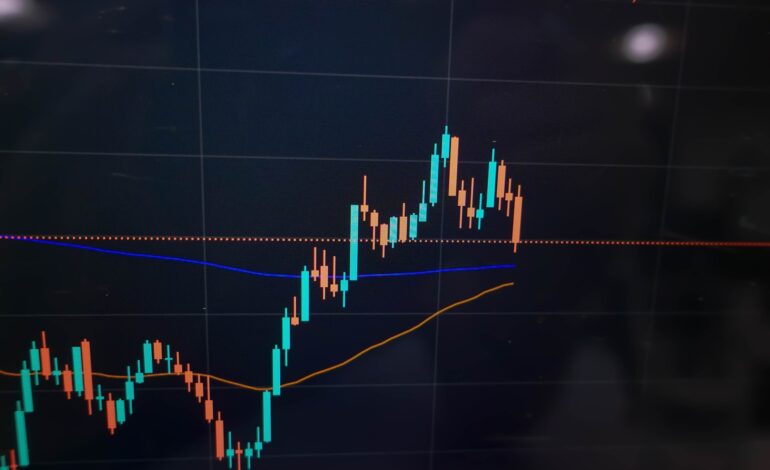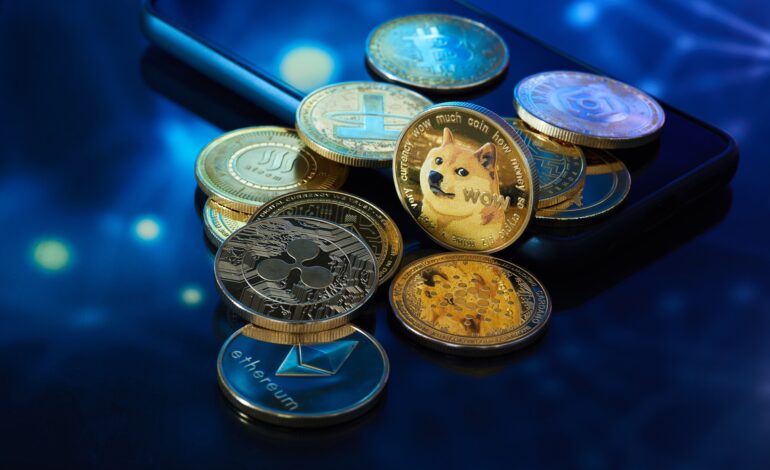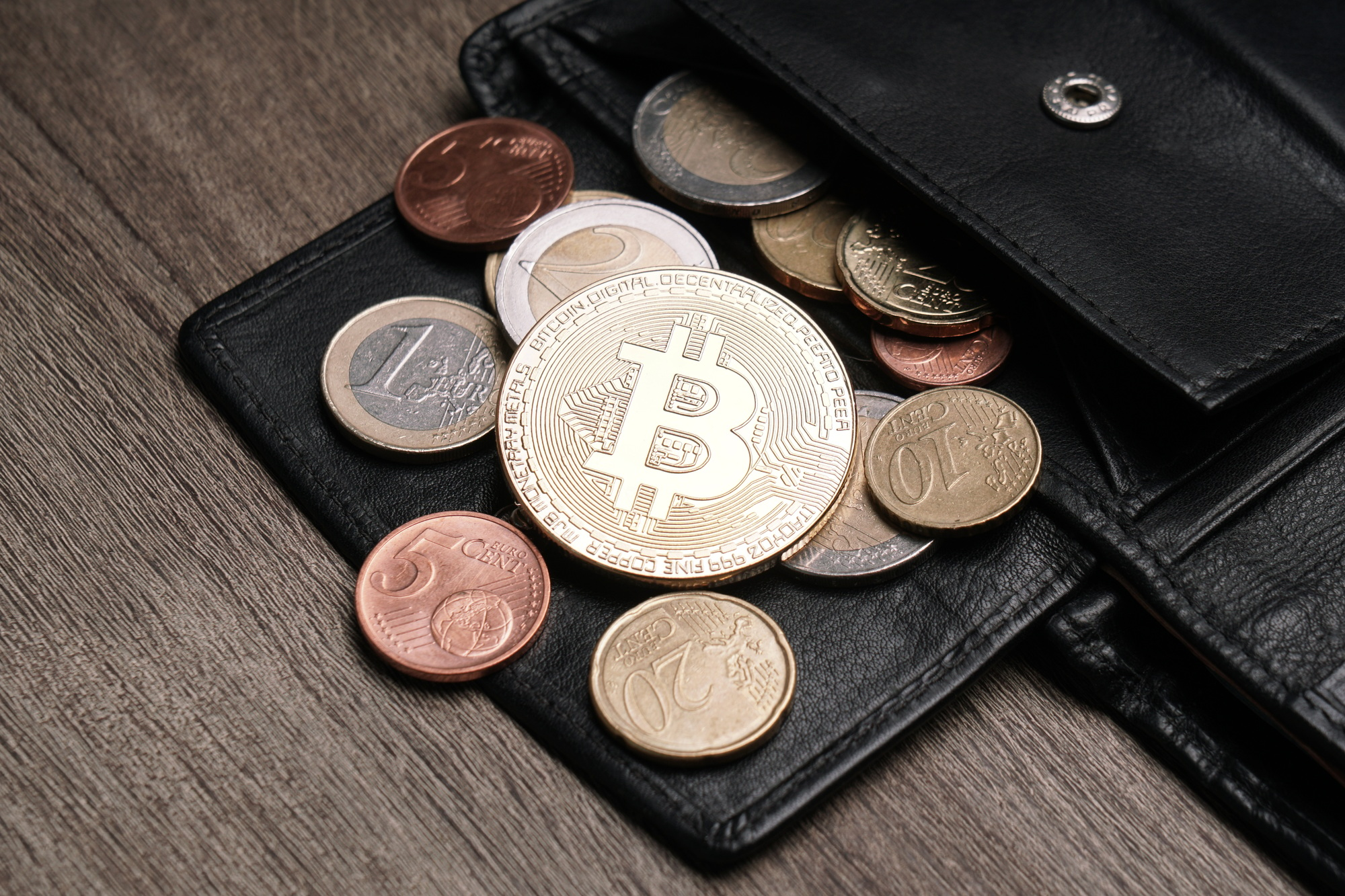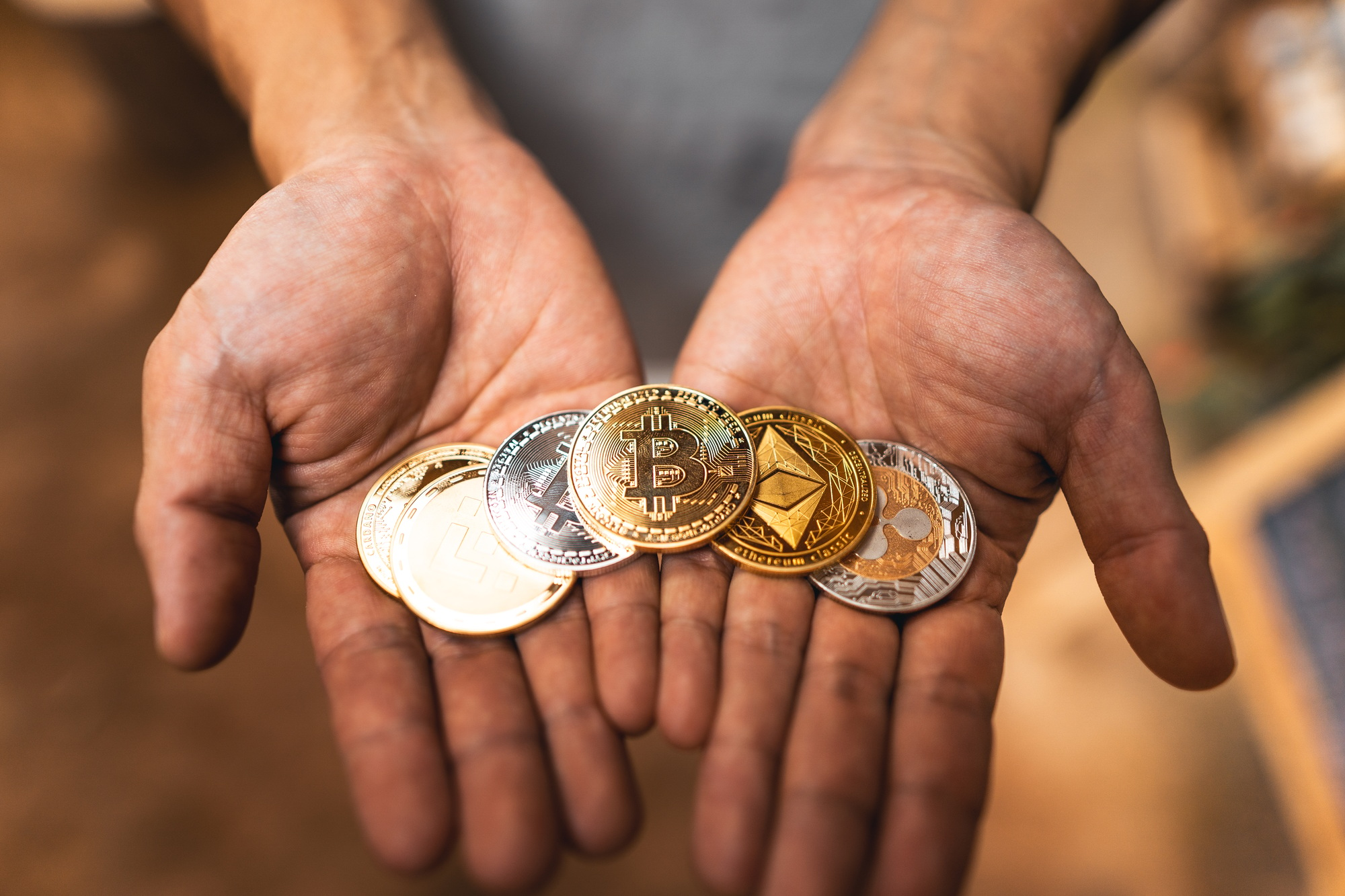Bitcoin: A Hedge Against Inflation?
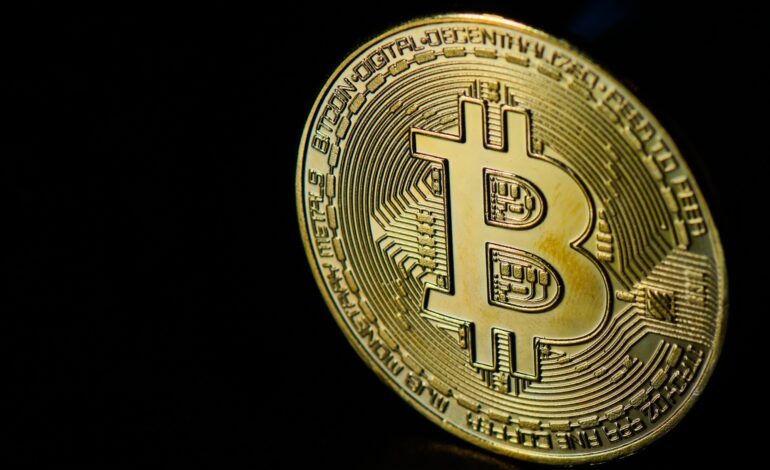
In recent years, concerns about inflation have intensified, prompting investors to seek assets that can maintain or increase their value over time. Among the various options available, Bitcoin has emerged as a potential hedge against inflation, sparking interest and debate among investors, economists, and policymakers.
Understanding Inflation
Inflation is the rate at which the general level of prices for goods and services rises, leading to a decrease in purchasing power. It erodes the value of currency over time, meaning that each unit of currency buys fewer goods and services as prices increase. Central banks often respond to rising inflation by implementing monetary policies, such as increasing interest rates or reducing the money supply, to stabilize the economy.
For many investors, inflation poses a significant risk to traditional assets, such as cash, stocks, and bonds. As inflation rises, the real value of these assets can diminish, prompting individuals to seek alternative investments that can provide better protection against the inflationary environment.
Bitcoin as a Hedge Against Inflation
- Scarcity and Supply Limitation:
- One of the most compelling features of Bitcoin is its limited supply. There will only ever be 21 million Bitcoins in existence, a cap that is hardcoded into the Bitcoin protocol. This scarcity contrasts sharply with fiat currencies, which can be printed in unlimited quantities by central banks. As demand for Bitcoin increases, its fixed supply can help protect its value against inflationary pressures.
- Decentralization:
- Bitcoin operates on a decentralized network, meaning it is not controlled by any government or financial institution. This characteristic makes Bitcoin less susceptible to the effects of government monetary policies, which can lead to inflation. Investors may view Bitcoin as a safe haven from potential currency devaluation caused by excessive money printing.
- Global Acceptance:
- Bitcoin has gained recognition as a global asset, allowing investors to hold and transfer value across borders without relying on traditional banking systems. In countries experiencing hyperinflation or currency instability, Bitcoin can provide a more stable alternative for preserving wealth and conducting transactions.
- Historical Performance:
- Since its inception in 2009, Bitcoin has shown remarkable growth, often outpacing traditional assets like stocks and gold over the long term. While past performance is not a guarantee of future results, many investors view Bitcoin as a compelling asset for preserving wealth and combating inflation due to its historical price appreciation.
Bitcoin’s potential as a hedge against inflation is a compelling topic in the world of investing. Its scarcity, decentralization, and increasing global acceptance make it an attractive option for those looking to protect their wealth from the eroding effects of inflation.
As the financial landscape continues to evolve, Bitcoin may play an increasingly important role in helping individuals preserve their purchasing power in an inflationary environment. Whether viewed as a speculative asset or a legitimate store of value, Bitcoin’s unique characteristics position it as a noteworthy consideration for those seeking to navigate the complexities of inflation and protect their financial future.


